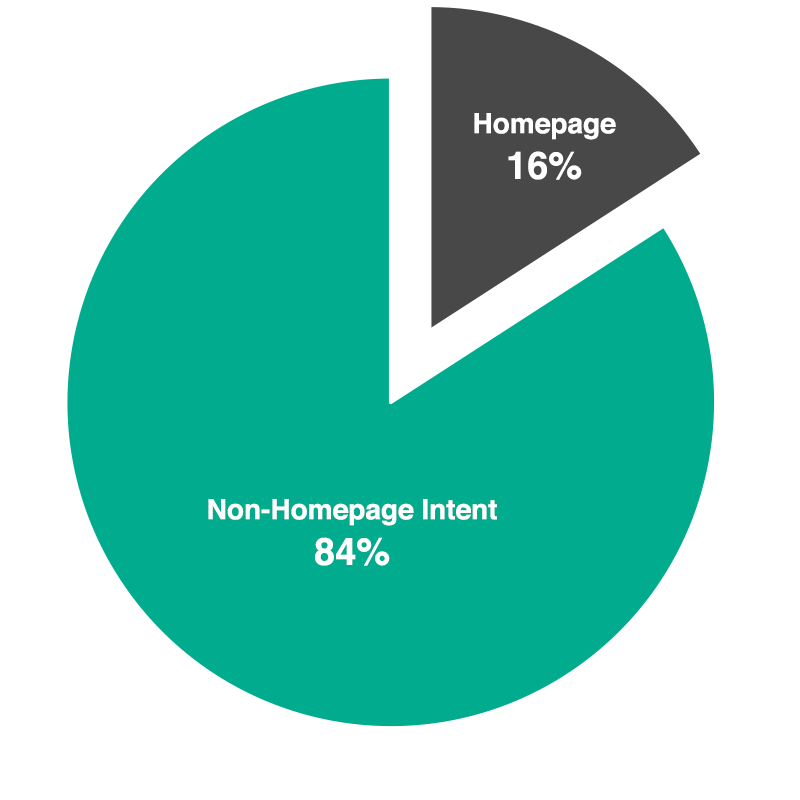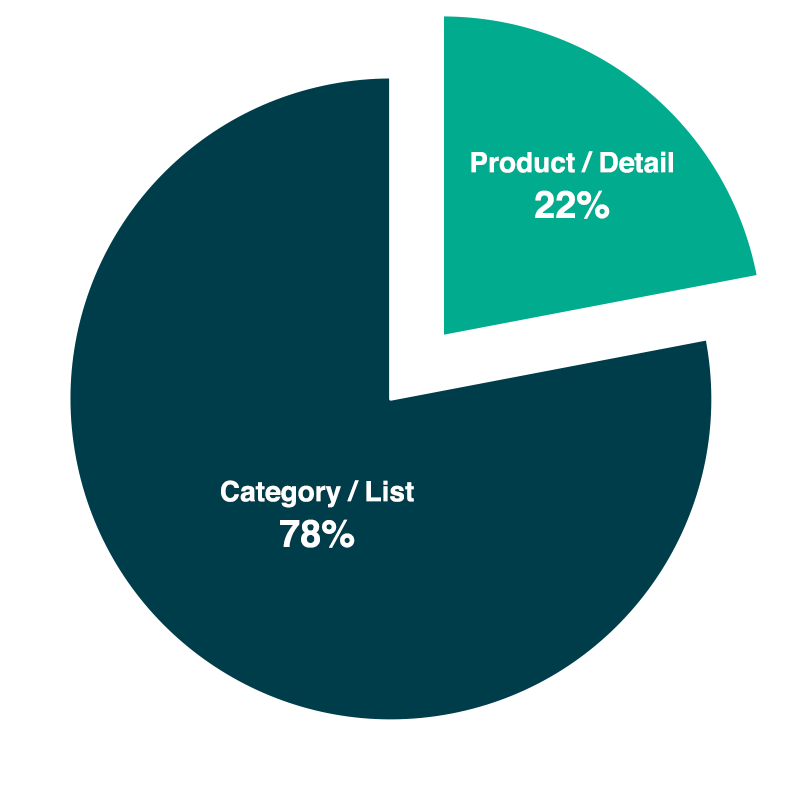
Search – magic, science, or an amazing source of revenue? In the moments when we are using Google as a consumer, we don’t want to think about what’s happening behind the scenes, we just want Google to meet the need of the moment. However, when striving to capitalize on search and grow revenue for the online channels we manage, that once-magical experience can become one of frustration. Instead of confusion, companies should see search as an opportunity to optimize conversion.
What is user intent, and why does it matter?
Google describes consumer use of the internet as a dynamic collection of micro-moments. In general, common types of micro-moments are based around needs and desires like “I want to know,” “I want to go,” “I want to do,” and “I want to buy”. Beyond these, what does the user expect? Each user’s subconscious expectation in a micro-moment is the basis of user intent. The ability of any brand or retailer to meet those micro-moment expectations is the ultimate goal of the online commerce experience.
What do shoppers expect from Google?
To better understand what shoppers expect, Bazaarvoice assembled a study to determine user intent for the top 10,000 search phrases of the 2016 holiday season. In total, these 10,000 phrases were the queries driving over 1 billion Google searches during this time. For the analysis, the team members of the study to identify their landing page expectation if they had performed a search with each of these 10,000 search phrases. The analysis was split into two distinct questions.
1. Would you expect a homepage if searching with this phrase?

For the initial question, 84% of searches showed that the user did not want to end up on a homepage. Many of us assume that the homepage is the primary entry point into our domains, but that’s not necessarily the case. While homepage experiences are important, we should assume that many users, especially those coming from search, will never see the homepage.
It is also important for brands and retailers to consider features that are commonly located on homepages — seller ratings, trust marks, sales promotions, etc. If users never visit the homepage, they may never be exposed to these messages. It may be time to consider adding these trust and respect-building features to category and detail pages.
2. If not looking for a homepage, would you prefer a list of options or a detail page?

78% of the search queries we studied indicated that users do not know the exact product they are looking for when they conduct a search. These users are looking for a list of options; they seek guidance from Google, the brands and retailers whom they trust, and other consumers who have come before them.
This data suggests that category pages are the lowest-hanging fruit when it comes to retail SEO. The least searched phrases in this list received an estimated 18,000 searches per month, and some phrases exceeded a million. Winning in search for just a couple of these high-value search phrases can be amazingly valuable.
What does this data mean for brands?
In 2017, develop a strategy to boost your list or category pages’ search rankings. A core element of this strategy should be to include fresh content with keywords that your actual consumers are using to describe your products. In addition to content, spend time and attention on internal linking strategies and social campaigns that will result in inbound traffic to your list pages instead of your homepage.
Ultimately, your website’s ability to meet user expectations is directly correlated with the revenue you drive from search – paid or organic. Companies that want to improve their organic search rankings must understand user intent and be able to map it directly to website content. This fundamental strategy will be the difference between those who win with search in 2017 and those who continue to under-deliver on key micro-moments.
Brush up on your SEO techniques and best practices for e-commerce with Academy Sports, ghd, and a group of your industry peers at our Bazaarvoice SEO Certification Workshop in Austin on March 8th — a great way to kick off the Bazaarvoice Summit 2017.


